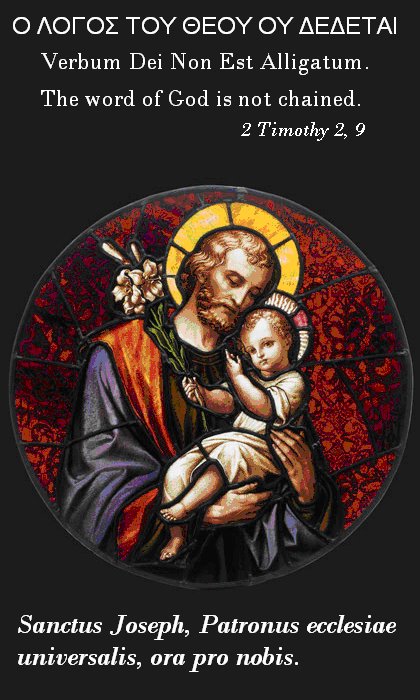I've been looking through Thomas Merton's take on some of the writings of Chuang Tzu, the Taoist sage who lived in 3rd century B.C. China. (The last "Guess the author" was taken from Merton's book The Way of Chuang Tzu). His verses abound in paradoxes, anticipating some of the best sayings of later Zen masters. Merton explains his interest in this ancient Chinese master in his Note to the Reader:
"One may dispute the thesis that all monasticism, Christian or non-Christian, is essentially one. I believe that Christian monasticism has obvious characteristics of its own. Nevertheless, there is a monastic outlook which is common to all those who have elected to question the value of a life submitted entirely to arbitrary secular presuppositions, dictated by social convention, and dedicated to the pursuit of temporal satisfactions which are perhaps only a mirage. Whatever may be the value of "life in the world" there have been, in all cultures, men who have claimed to find something they vastly prefer in solitude."
This is why I love Thomas Merton. I would like to cultivate in myself this monastic outlook. Merton and Chuang Tzu are for me guides and helpers in this undertaking.
"... the whole teaching, the "way" ["tao" is often translated as "way"] contained in these anecdotes, poems, and meditations, is characteristic of a certain mentality found everywhere in the world, a certain taste for simplicity, for humility, self-effacement, silence, and in general a refusal to take seriously the aggressivity, the ambition, the push, and the self-importance which one must display in order to get along in society."
He mentions an essay by John Wu on St. Therese of Lisieux and Taoism (now THAT would be something worth reading!):
"The book of the Bible which most obviously resembles the Taoist classics is Ecclesiastes. But at the same time there is much in the teaching of the Gospels on simplicity, childlikeness, and humility, which responds to the deepest aspirations of the Chuang Tzu book and the Tao Teh Ching. John Wu has pointed this out in a remarkable essay on St. Therese of Lisieux and Taoism ... The "Little Way" of Therese of Lisieux is an explicit renunciation of all exalted and disincarnate spiritualities that divide man against himself, putting one half in the realm of angels and the other in an earthly hell. For Chuang Tzu, as for the Gospel, to lose one's life is to save it, and to seek to save it for one's own sake is to lose it. There is an affirmation of the world that is nothing but ruin and loss. There is a renunciation of the world that finds and saves man in his own home, which is God's world. In any event, the "way" of Chuang Tzu is mysterious because it is so simple that it can get along without being a way at all. Least of all is it a "way out." Chuang Tzu would have agreed with St. John of the Cross, that you enter upon this kind of way when you leave all ways and, in some sense, get lost."
Speaking of getting lost, here is one of my favorite poems from this book:
MAN IS BORN IN TAO
Fishes are born in water
Man is born in Tao.
If fishes, born in water,
Seek the deep shadow
Of pond and pool,
All their needs
Are satisfied.
If man, born in Tao,
Sinks into the deep shadow
Of non-action
To forget aggression and concern,
He lacks nothing
His life is secure.
Moral: "All the fish needs
Is to get lost in water.
All man needs is to get lost
In Tao."
Or, putting this into a Christian idiom, all a person needs is to get lost in the love, the mercy, the will of God. For, as Dante said, in His will is our peace.
Wednesday, May 20, 2009
Subscribe to:
Post Comments (Atom)

No comments:
Post a Comment